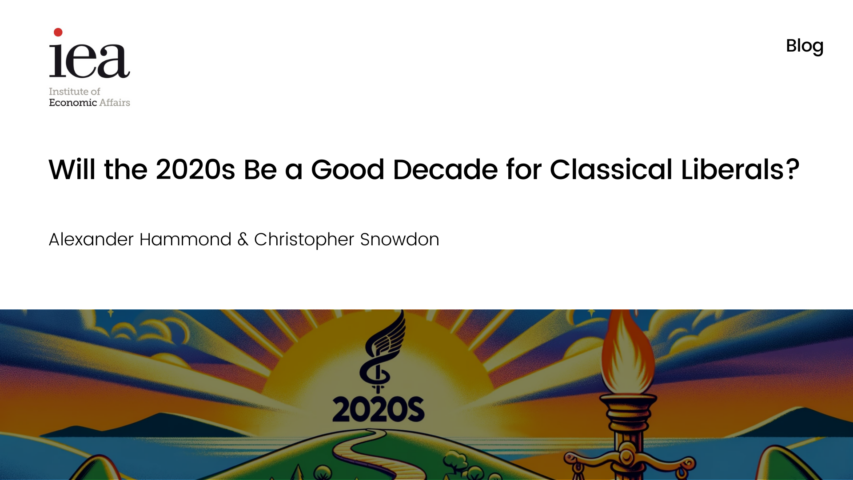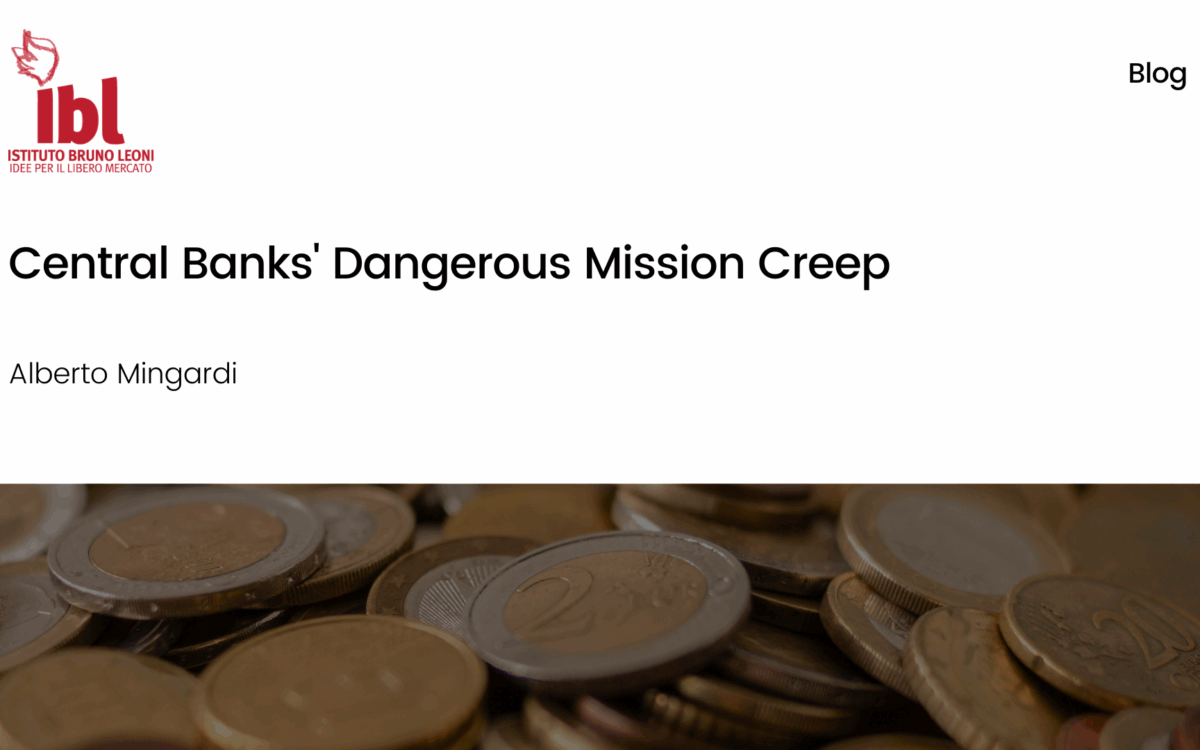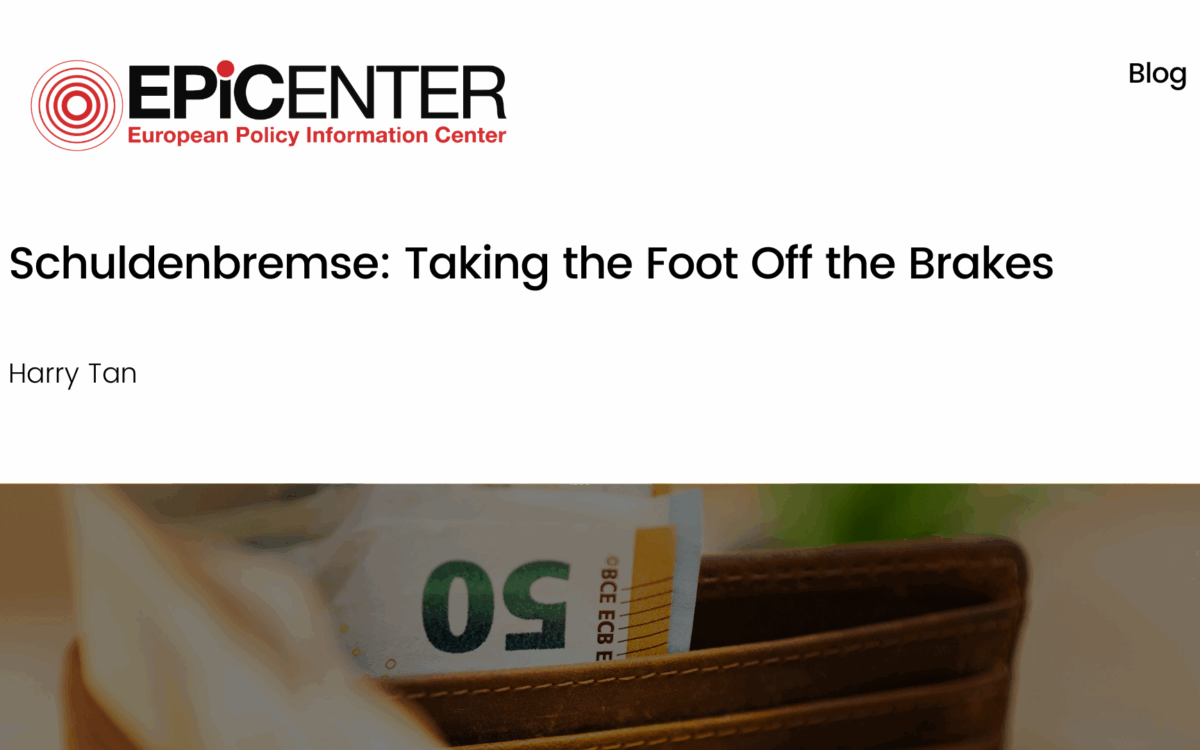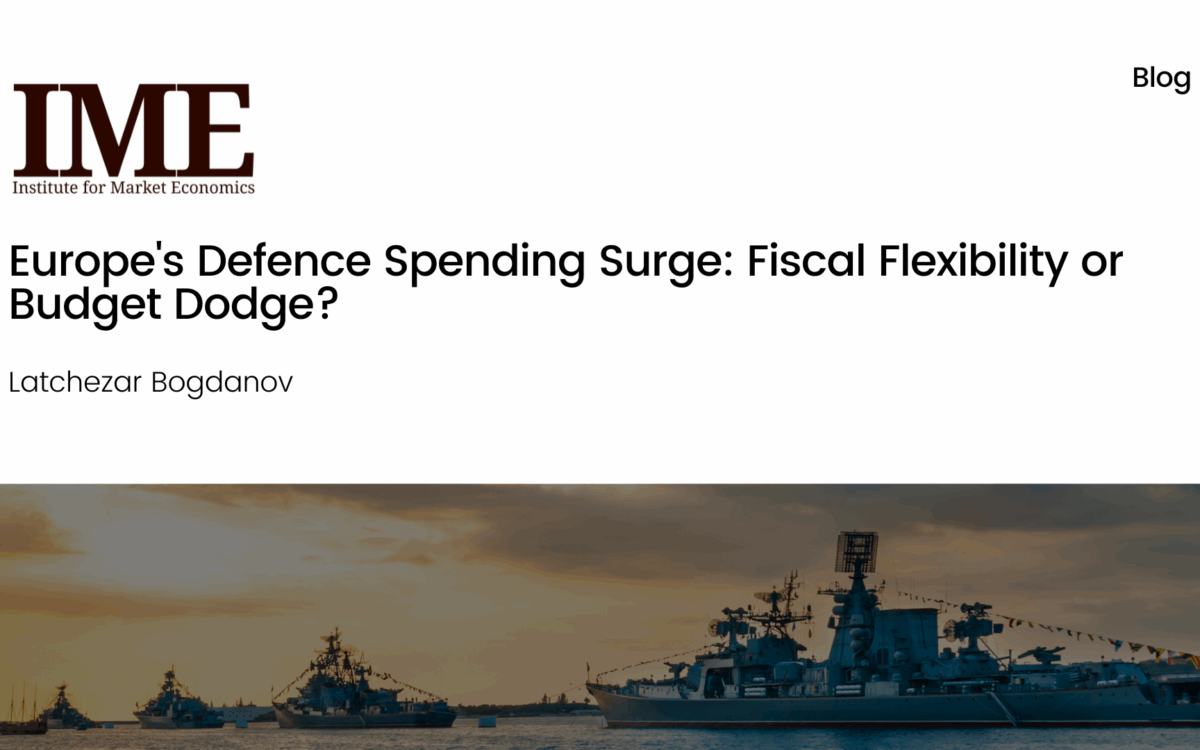Will the 2020s Be a Good Decade for Classical Liberals?

Will the 2020s Be a Good Decade for Classical Liberals?
27 January 2022 // Alexander Hammond & Chris Snowdon
YES – says Alexander Hammond
It is unlikely that most people will be rampant classical liberals by 2030. Still, for the remainder of the decade, the forces that classical liberals believe in, namely, the ability of markets to innovate, provide wealth, and improve living standards, will continue at a staggering pace.
NO – says Chris Snowdon
The 2020s will not be a good decade for classical liberals. The basic lessons of economics will keep being ignored and governments will continue to unofficially implement ‘modern monetary theory’.
The decade has not exactly got off to a flyer. This year will be the third year in a row in which Western governments pour borrowed billions into increasingly inefficient Covid-prevention schemes. When that fire has finally been fought, they will pour borrowed billions into incredibly inefficient climate change schemes. Much of this money will be printed, and real incomes will stagnate, fall or barely rise in many countries. Under pressure from an electorate that wants more public spending and lower taxes, they will deal with the cost-of-living crisis by pouring more borrowed money into the leaky bucket of the welfare state while they look for more things to ban and regulate.
Any hopes that China would become more liberal once it was admitted into the World Trade Organization have been dashed. It is currently in the process of levelling down one of the classical liberals’ favourite case studies, Hong Kong. Like Russia, China is retreating into autocracy and can only be saved by revolution. The same applies to Belarus, Venezuela, North Korea, Cuba, Nicaragua and most of the countries that end in ‘stan’, among many others.
Much of South America is an economic basket case and Turkey is currently trying to tackle inflation by lowering interest rates. If there is hope of some economic sanity prevailing it lies in India, Africa and parts of Eastern Europe but only if they can strengthen their institutions and tackle corruption.
Despite it all, there are so many people living in Africa, India and China that the income of the average global citizen is bound to rise in the 2020s. Even a little bit of capitalism and technology goes a long way. Any country that drops tariffs and takes Marxist economics less seriously is bound to see an impressive reduction in absolute poverty. Classical liberals have largely won the argument for free trade and against old-school communism and the world has benefited greatly as a result, but we have not won the arguments against big government, high taxation, money-printing and over-regulation.
Liberalism – in the uncorrupted, British sense – is a dirty word in most of the world and is in retreat in many of the countries that once purported to practise it. Things will get worse before they get better.
EPICENTER publications and contributions from our member think tanks are designed to promote the discussion of economic issues and the role of markets in solving economic and social problems. As with all EPICENTER publications, the views expressed here are those of the author and not EPICENTER or its member think tanks (which have no corporate view).



